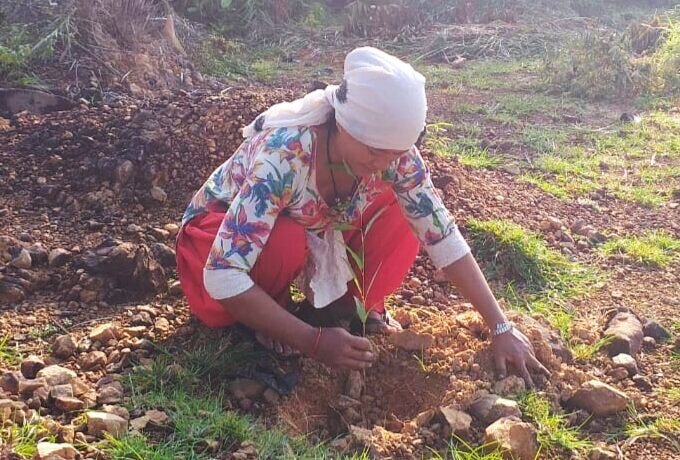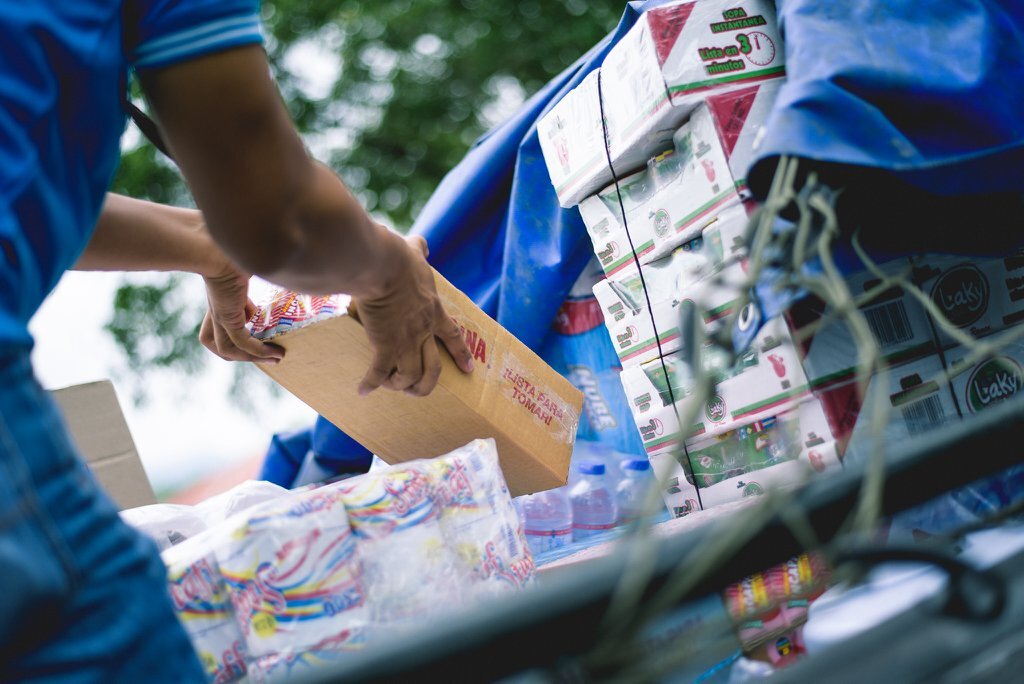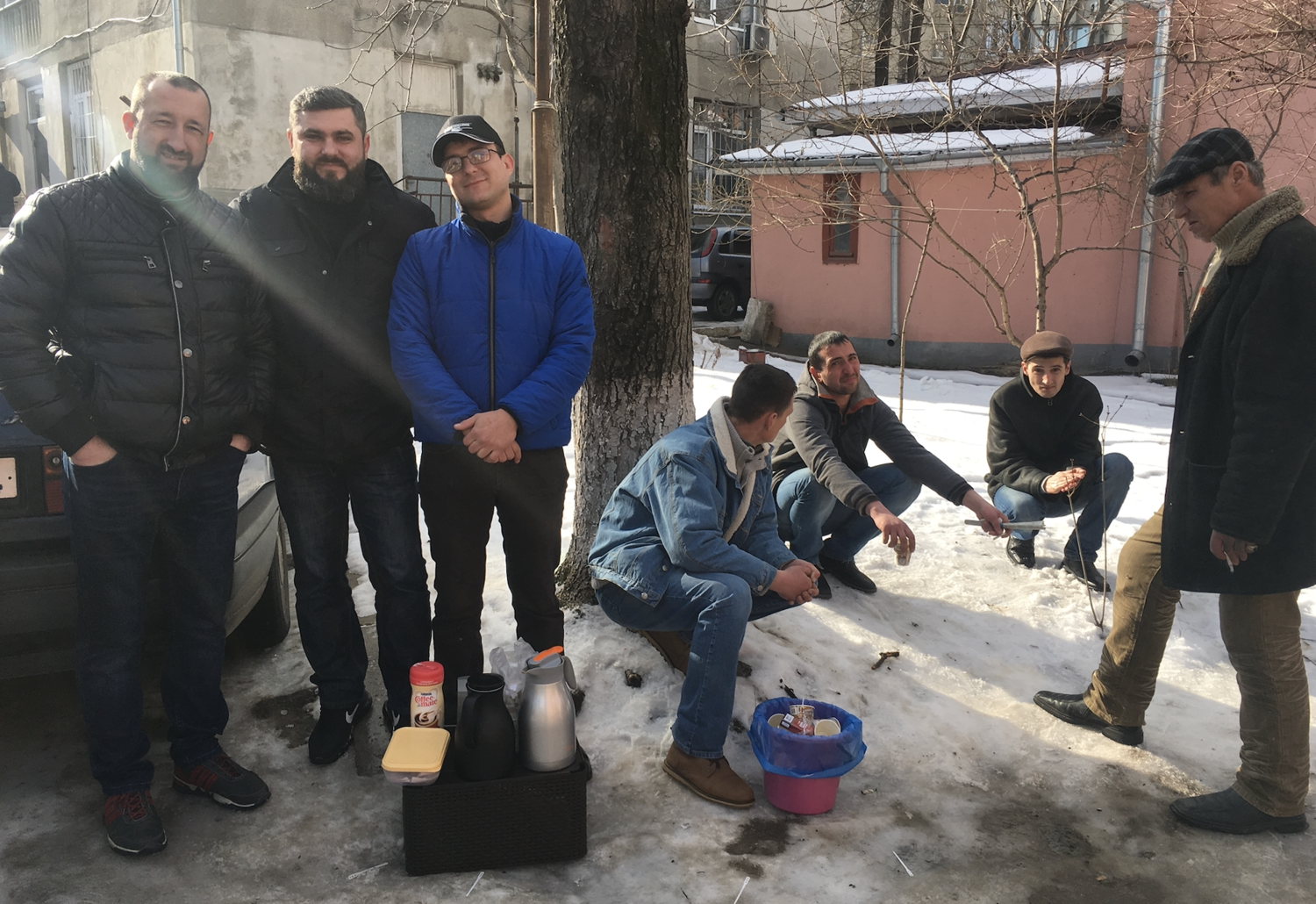One of the most simple and profound aspects of God’s faithfulness is found in the word love. Love shows up in Scripture when describing both who God is and how God acts in the world on behalf of God’s covenant people. Love is embodied in Jesus’ incarnation, life, death, and resurrection, and it is His call to His disciples.
These resources have been shared in recent issues of NCM Magazine. From podcasts to group studies, we hope they help fuel new conversations, learning, and engagement with important issues.
In Fátima, Argentina, a Nazarene church has put down deep roots, cultivating a compassionate presence through a project centered on simply loving God and loving others.
How do we find hope when all seems hopeless? And how do we find God's hope when it isn’t obvious? Perhaps this is what it means to have faith—that thing with the potential to be beautiful gift even in the midst of desperation because it is an anchor, a guidepost.
Even though church services were on lockdown and many Nazarenes struggled with COVID-19, God has been at work in new ways during this difficult time.
Rev. Sergei and Olga Onofriichuk, who lead ministries in the town of Kazatin, Ukraine, have creatively assisted their community through food distribution to many who are experiencing great need, ongoing rehabilitation for addicts, and an alternative kindergarten and school for the town.
In Nepal, the local Church of the Nazarene is doing something a little different: they’re planting trees. In fact, they’ve planted about 3,300 of them over the last four years.

We face a world full of inequalities, a world that needs to know the true purpose of God's kingdom. God has delegated this mission to the church. In this way, compassion becomes a way of life for everyone who knows God.
Compassion is related to two biblical principles inherent in every believer: giving and love.

It’s hard to imagine the trees that used to surround Paradise, California, giving weight to the city’s name. Patches of growth still exist, but much of the remaining forest stands as dark, burned pillars, marked with spray paint so they can be removed. Behind the Paradise Church of the Nazarene, several properties are visible: monochromatic patches of debris, colored the rusty brown color the Camp Fire left behind.

Pagination
- Previous page
- Page 3
- Next page

